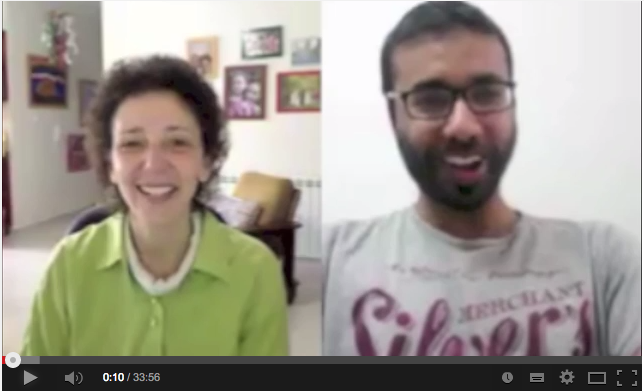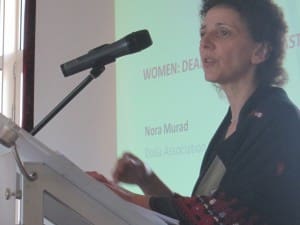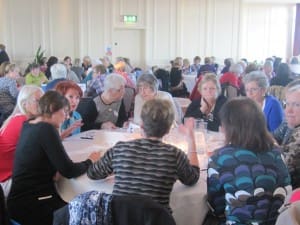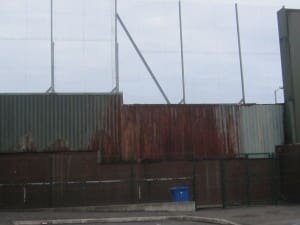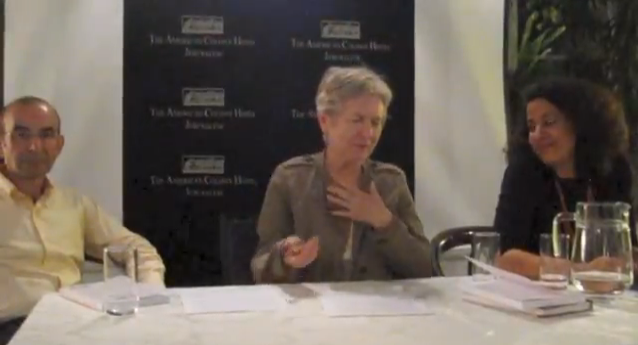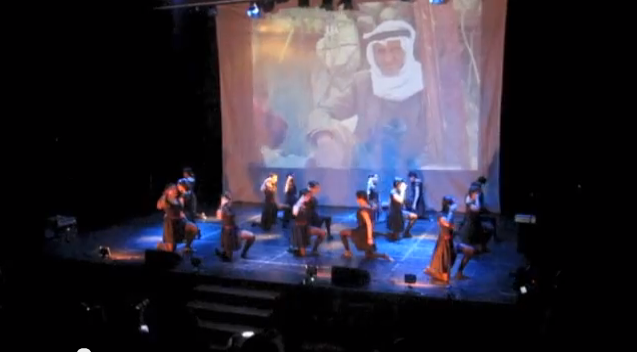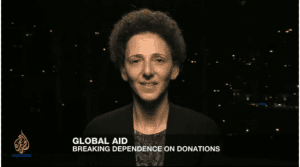This is a one-minute teaser for a series of video interviews with Gazans that I’m releasing in the month before my 50th birthday.
A Muslim Palestinian originally from Gaza, Ms. Besisso, 44, currently lives in Ramallah. Her parents came from well-known families who became refugees after the 48-49 war. Her grandfather often remarked that he felt sorry his grandchildren were raised poor while he had land, home and a business before the war. She is an only child and, as such, it was her parents’ dream that she marry and have a family; so she married at 17 and raised 6 children. They range from 26 to 8 years old.
She believes it is important to work hard to improve herself and her society. Ms. Besisso has worked for several international and local organizations including: American Friends Service Committee (Quakers), Save the Children USA, Defense for Children International, the Jerusalem Media Communication Center, and others. After earning diplomas from Al Azhar University and Kann’an Educational Development Institute in Gaza, she is working on a B.A. in Social Work from Al Quds Open University. She also earned a technical training certificate in Field Research and Project Coordination from the University of Louisville and the University of Kentucky.
Ms. Besisso has spoken to audiences in the U.S. and Europe through Peace x Peace and Joining Hands Against Hunger (a Presbyterian Church initiative). She currently works as Freelance Community Trainer and advocacy activist where her main task is to organize, carry out, train, and evaluate nonviolence training and other advocacy projects. She is also the founder of Women for Justice.
